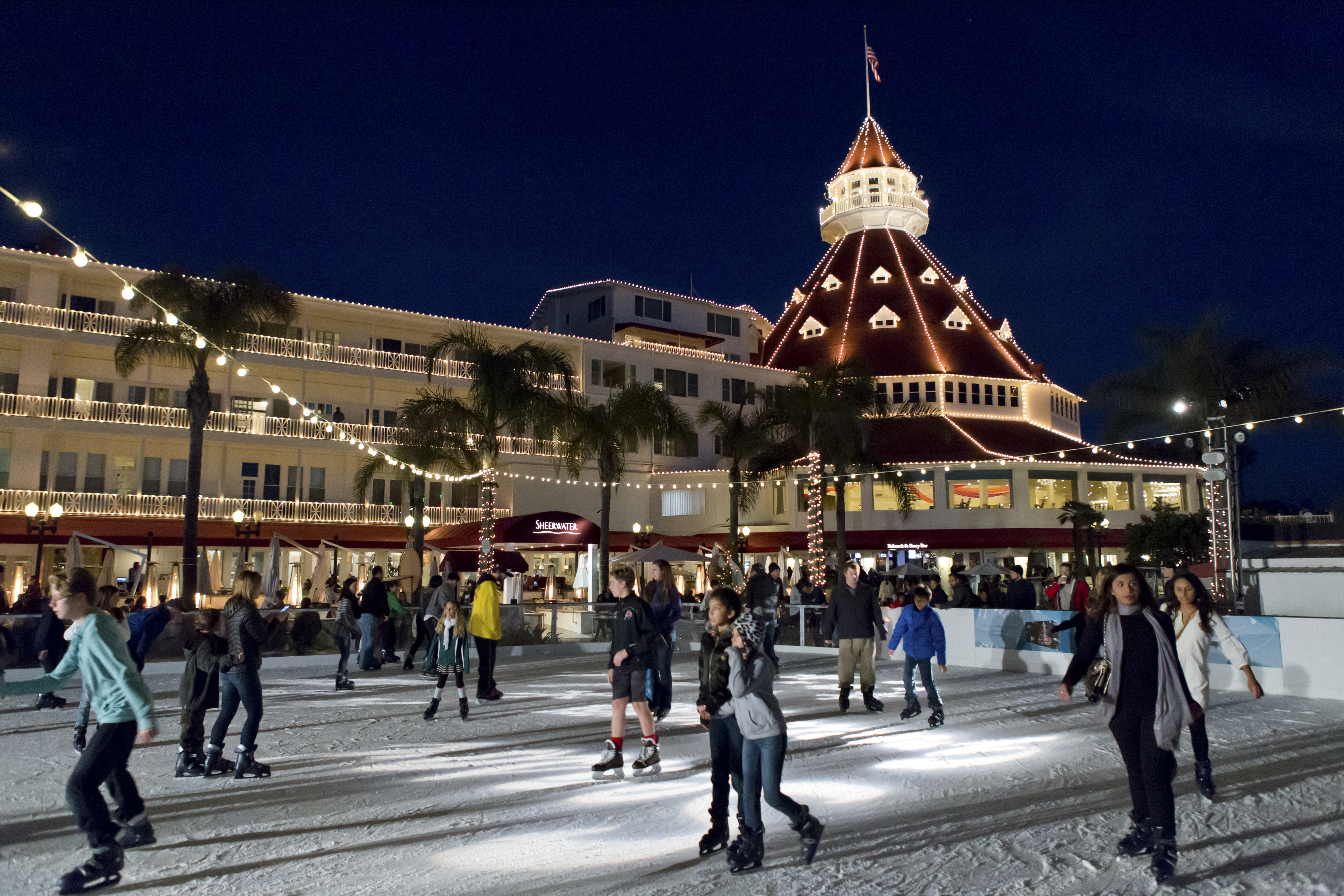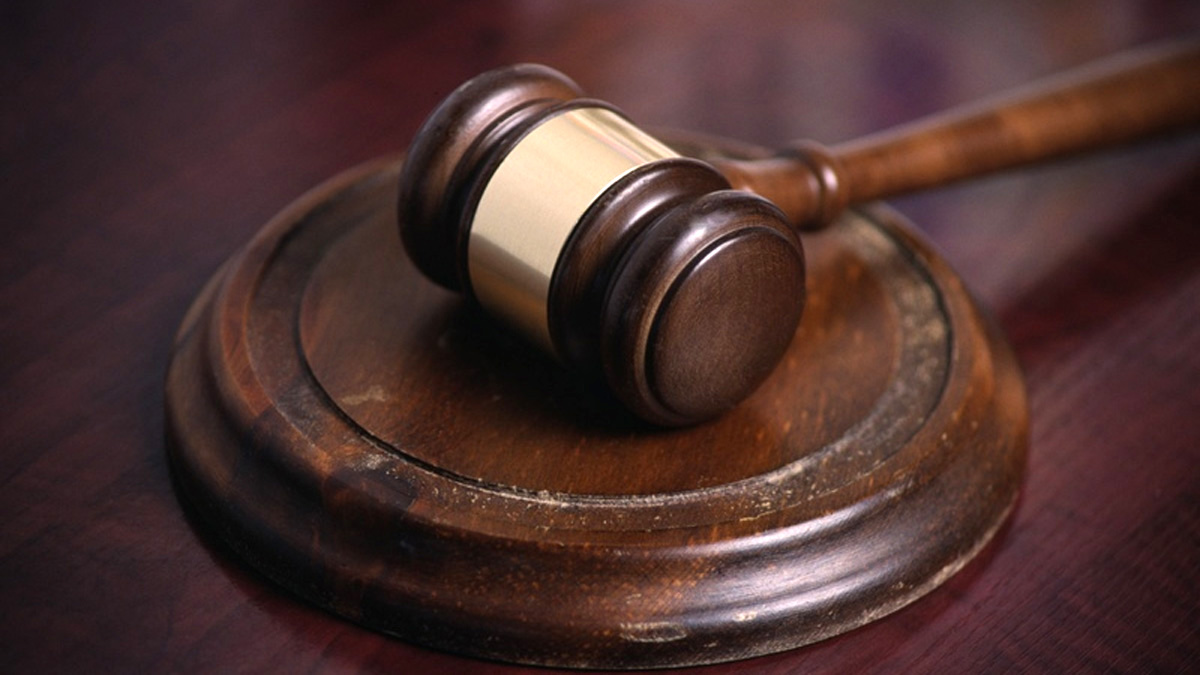You’ve probably seen them cruising around, or maybe even had a near accident with one -- E-Bike sales have boomed since the pandemic as people were looking for cheaper, more efficient ways to get outside.
Demand is still so high that some stores can’t restock shelves in time, but the E-bike boom is being met with mixed reactions as they crowd coastlines and communities grapple with safety concerns.
Weeks after the city of Encinitas announced the rollout of a new electric bike-share program for this fall, a recent petition to ban E-bikes from Moonlight Beach has circulated around social media sites, sparking mixed reactions.
On the website Nextdoor, residents complained about teenagers riding recklessly and not following traffic laws but others defended the E-bike riders and said they just need to learn the rules of the road.
Get top local stories in San Diego delivered to you every morning. >Sign up for NBC San Diego's News Headlines newsletter.
Fourteen-year-old Charlie Garton picked up his new E-bike Sunday afternoon from Pedego Electric Bikes in Solana Beach.
He told NBC 7 he and his family rented a few throughout the pandemic to ride along Highway 101, prompting his decision to save up to buy his own E-bike, which range in price from $500 to over $2,000 in some cases.
“After a year of online school and sitting in the house with nothing to do, it’s definitely a good investment and thing to buy because it’s a way to get out, especially because I can’t drive or have my own independence,” said Garton.
Local
There are different types of E-bikes. Some can travel up to 28 mph and require a rider to be at least 16 years old, but Garton chose a model he can legally ride without any special license or insurance requirement.
His bike is just one of millions rolling off shelves across the country, but what started as a fun way to get around is also proving increasingly risky and even deadly, causing controversy over the industry’s future.
According to the U.S. Consumer Product Safety Commission, at least 41 Americans were killed and about 133,000 injured between 2017 and 2019 in incidents tied to e-scooters, e-bikes and hoverboards. The toll of deaths and injuries from the devices has been rising, with e-scooters accounting for much of the increase.
Doug Lord owns the Pedego Electric Bike Shop in Solana Beach where he rents and sells E-bikes.
“I don't think it's really the electric bikes that are getting the bad rap. I think the bad rap should be the people the people that are riding them,” he said.
“People that own their electric bikes, they're pretty good, they know the rules of the road,” he said. “Where the problem comes in, is the rideshare people and industry.”
Lord said before a customer rents or buys a bike, he makes them ride it around in his parking lot until he can gauge their skills. He said about 15% of the people who come into his shop to rent or buy don’t leave with an E-bike.
“On a bike share program, they just take the bike, put your credit card and get on the bike right away when some of those people may have not ridden the bike for 10 years,” he said. “Sometimes I refuse to rent them a bike because their skills are not good enough and I'm afraid they're going to hurt themselves or others.”
He said E-bike safety courses do exist, but they’re not advertised well and more education and enforcement is needed to ensure the fast-moving bikes can co-exist with other path users, as the bikes can ride on trails as well as on city streets.
“I think it's really important that parents get their kids educated on electric bikes for the safety of their children,” he said, adding that the call for a ban shouldn’t be a one-size-fits-all approach. “Riders are the problem, not necessarily the electric bike itself…rentals should be done through bike stores where we can filter the people, and decide who is competent and make sure they understand how to ride a bike. I think that would go a long way to make it safer for not only motorists, but for the bicycling public too.”
Clara Jaramillo doesn’t support banning the bikes altogether, but agrees there should be changes made.
“I’ve seen a lot by the beach. Sometimes when I rollerblade and I see those bikes, they’re too fast and I’m worried for my son. They don’t even know the rules,” she said. “The bike are heavier, faster and can cause an accident…they should create some laws for people before they buy or rent it so they have to sign that they understand the laws.”
Lord agrees, adding that customers need to know the class of bike they’re buying or renting, which can make a big difference in where the bike is allowed to go and how it can be operated.
Garton admitted he didn’t know the rules before picking up his new bike Sunday, but told NBC 7 after leaving the shop, he has a new perspective.
“Kids don’t know so how are they supposed to know the rules if no one’s ever taught them what they can’t and can do? So I think instead of banning it first, they should provide a place…to teach what’s right and wrong. Now that I have the bike…I’ll learn that,” he said.
Lord told NBC 7 that responsibility falls on parents who sometimes don’t know themselves, despite the rules for the bikes mirroring rules for cars.
“I think that parents need to talk to them about responsibility. Responsibility is really important. You're giving them something that goes 20 miles an hour, it can be a very dangerous thing and they have to respect that,” Lord said.
It’s unclear whether the petition will lead to any action, but local law enforcement is continuing to ticket riders for traffic violations.
Lord said he hopes to see cities and rideshare programs offer more bike safety programs, workshops and a way for the public to report complaints.



